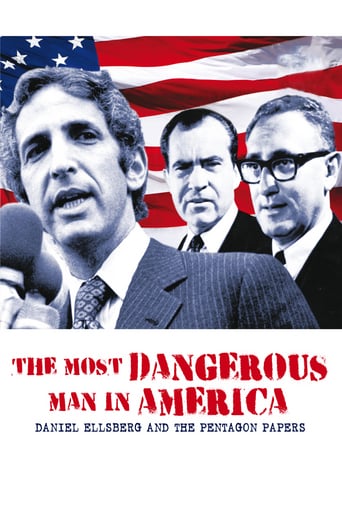


The Most Dangerous Man in America: Daniel Ellsberg and the Pentagon Papers
"The Most Dangerous Man in America" is the story of what happens when a former Pentagon insider, armed only with his conscience, steadfast determination, and a file cabinet full of classified documents, decides to challenge an "Imperial" Presidency-answerable to neither Congress, the press, nor the people-in order to help end the Vietnam War.
-
- Cast:
- Daniel Ellsberg , Howard Zinn , Lyndon B. Johnson , Robert McNamara


Similar titles
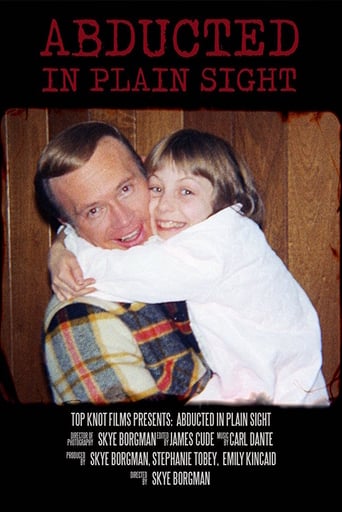
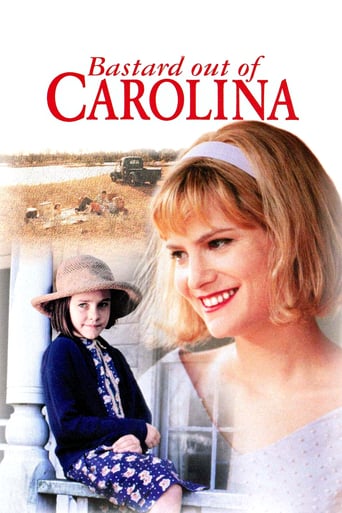
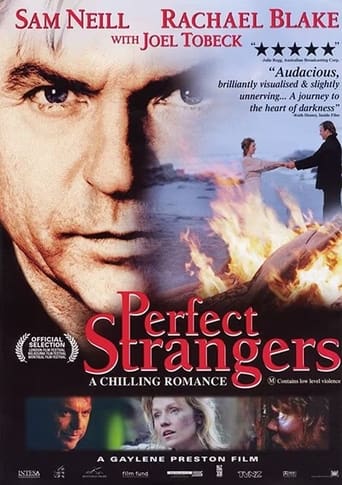
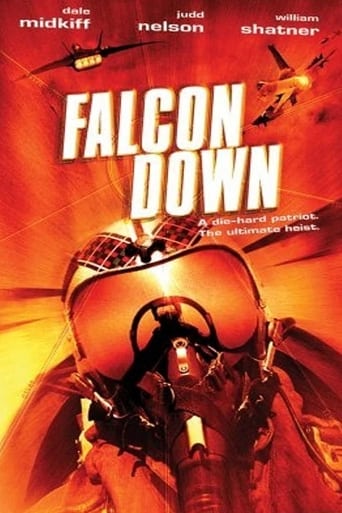

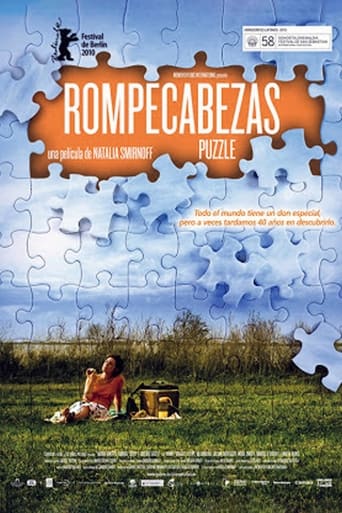
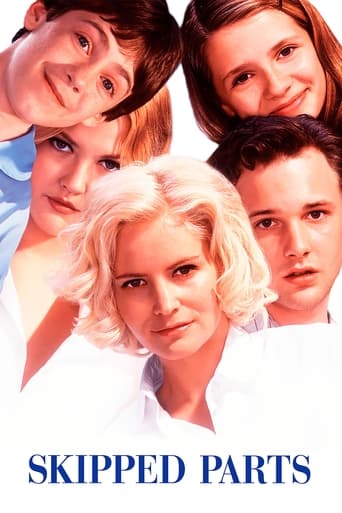
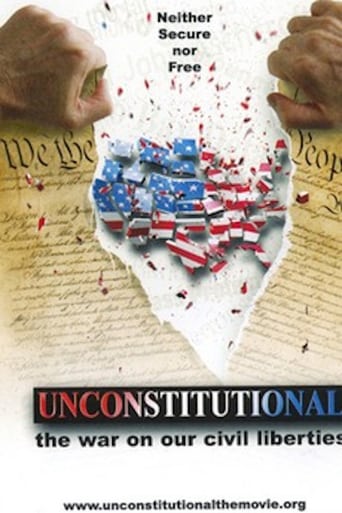

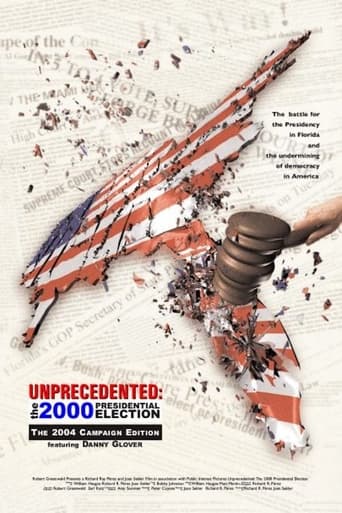
Reviews
Best movie of this year hands down!
The Worst Film Ever
Thanks for the memories!
Excellent and certainly provocative... If nothing else, the film is a real conversation starter.
This is a decent documentary and history lesson, chronicling the evolution of Daniel Ellsberg from Marine Corps company commander and true believer in the Vietnam War to radical anti-war whistle blower. It's told entirely from the perspective of Ellsberg and his fellow travelers so it's likely skewed to the left, but it's still a good portrait of the late war era and how public opinion turned against the war. Of particular interest was the saga of how the press fought for the right to publish the Pentagon Papers, with one paper after another picking up publication of the documents after the courts had stopped other papers from doing so. It was the first time the free press had taken on the government like that. Another interesting sequence was the chronicle of Nixon's increasingly paranoid reactions to the Pentagon Papers' release and the courts reactions thereto, setting him on a course of action that would eventually lead to his downfall. Six stars.
This documentary lets its subject (and hero) speak for himself: Ellsberg is the narrator. You may feel that it can hardly be taken in fully at one go -- that you ought to sneak back to see it more, maybe look up some of the history involved. The twists and turns of events, the turbulent full political context, are complicated indeed. But maybe what you really cannot assimilate is the complexity of the man himself, and the feeling contemplating that complexity gives you of being very small in comparison.It still seems hard to understand the Pentagon Papers story. 7,000 pages, finally published or written about at the time by a dozen or more big city papers, so it became impossible to suppress them: what are the Pentagon Papers? I was around then, but I never read them. Who did? Why did they turn the tide against the Vietnam War? Did they do that? Ultimately the Nixon administration's "dirty tricks" men, the "plumbers," brought down Nixon for their mission in California of breaking into Ellsberg's psychiatrist's office. It was the last straw. And why was that? Coming after the exposure of the Watergate break-ins, this clumsy, stupid act further showed Nixon's henchmen for for the Keystone-Cop thugs they were, and the game was up for Nixon, though the war was to be pursued by Lyndon B. Johnson, and ultimately take him down, though more honorably.Ellsberg was one of those at the Rand Corporation in 1967-68 who contributed to a top-secret study of classified documents related to the conduct of the Vietnam War commissioned by Defense Secretary McNamara, later known as "the Pentagon Papers." Perusing these documents, Ellsberg discovered total cynicism about the war at the highest level all along. Officials knew the war would lead to heavy casualties and not be won, and expressed an indifference to loss of human life and to the outcome of the conflict that totally shocked him. Eventually this shock led to his decision that he couldn't be silent about this, could not be a good soldier and play the game any more; that the only course was ultimately to expose what he had learned.This came, of course, in the context of a growing anti-war movement at home and abroad and of the post-1968 revolutionary spirit of the times. But Sixties hippies and anti-war activists were one thing, and Ellsberg was another. Ellsberg was an insider. His voice carried a special conviction. A year or so after his initial discovery of the import of the Papers, Ellsberg tried to get them released on the Senate floor, preferably by Senator William Fulbright or George McGovern. When this failed he turned to the New York Times. This led eventually to the Supreme Court case, and to the Nixon effort to block and discredit Ellsberg. Ellsberg, who was on the brink of going to jail for many years, needed enormous courage through all this, and he not only marshaled that courage, but has gone on tirelessly using the moral capital he he earned at the time of the Pentagon papers to oppose illegal and immoral wars in the decades since.In this documentary, Nixon White House tape excerpts are heard, Nixon with Kissinger especially, the most damning, foul, small-town mafioso voice of evil: "get the son-of-a-bitch!" Nixon cries. These voices are surprising, even now. We have heard such voices in other documentaries, but perhaps never as naked and crude as here.Ellsberg and his Rand Corporation cohort Anthony Russo, who photocopied the Papers, were absolved by a judge in California who declared a mistrial because of administration misconduct in persecuting the two men. That was nearly forty years ago and Ellsberg, as late, great liberal-left American historian Howard Zinn declares here, has lived his Iife in keeping with the principles he followed in exposing the Pentagon Papers ever since. But only a few visuals in this film cover that life of anti-war activism.Part of what may move us about him and what may make him important is that Ellsberg's is a conversion story. Elssberg was far inside the establishment in what he originally did, a researcher for the Pentagon and a man who worked for the ultra-right-wing West-Coast-based Rand Corporation. Thus his later-to-be wife of many years Patricia, an anti-war activist when they met, broke off their engagement after he went on a paid trip to Vietnam. On that trip, Ellsberg learned how the Vietcong operated by leading a military operation himself; he was a former Marine. He married another woman. But when he got his teenage son and ten-year-old daughter to help photocopy the Papers, she broke with him, and he married Patricia, after all.The most powerful sequence is between Ellsberg today and a pacifist of those days among those whose willingness to go to jail to fight the war convinced Ellsberg to become willing to do the same. This man was a turning point in Ellsberg's life, and his voice breaks with emotion sitting with him today and remembering that.What makes this story so powerful is that it's not only about a First Amendment battle that went to the top -- the resulting Supreme Court decision remains essential in protecting the press from outside pressure -- but about the total transformation of a man from a liberal establishment figure into a voice for independent activism. And the information Ellsberg brought out is a magnifying glass through which to view the post-9/11 world and American hubris as characterized by Chalmers Johnson in his 'Blowback Trilogy.' We might consider the inevitable possibility that there are other Pentagon Papers, millions of pages, about America's other wars and occupations, that similarly expose their futility, brutality, and cynicism.'The Most Dangerous Man in America' carries off the difficult task of sketching a portrait of a key figure of modern US political history without slighting either him or the complicated context in which he rose to fame._________________
Daniel Ellsberg was an ex-marine and top policy wonk, who became convinced that the Vietnam War was wrong. He was also convinced that the government knew it was wrong, but continued to fight mainly to save face. Considering this a moral abhorrence, he leaked top secret papers to the press. They didn't betray really damaging information, but they were an embarrassment to the government who tried to prosecute Ellsberg. To discredit the leaker, President Nixon ordered his aides to burgle his psychiatrist, starting a chain of events that led to Watergate. Eventually, after Nixon had resigned, the war finally ended, although Ellsberg was disappointed that his publication of the truth has failed to turn public opinion decisively against it at an earlier time. It's a fascinating story, and this documentary re-lives it. Most compelling is the sense that Ellsberg gives of a man motivated by an extraordinarily strong inner moral compass; while the likes of Nixon would do anything to hold onto what they had, Ellsberg risked a life in prison in the hope of ending the war. Today, our politicians seem to some to be making the same mistakes their forebears did; we have also learned something of how they lie to us, but still have not stopped them. Ellsberg is still trying. He emerges from this film as a giant of a man.
In the movie The Most Dangerous Man in America, we see what distinguishes very clearly a man like Daniel Ellsberg from a man like Richard Nixon. Ellsberg, when first presented with the position by the President, Lyndon Johnson, that America had to go into war in Vietnam (and a long-term one of course, despite what Johnson said to the media) he knew it was a lie but one he had to work in. He even got into the swing of things early on to give the first report of a heinous act done on an American soldier to McNamara, which was "just what he wanted to see". But it wasn't long after that, while still being a 'hawk' for the side of the Pentagon and the Rand corporation, that he gripped with what he knew from the start: what he was doing was wrong, and he was helping perpetuate a wrong going back to Truman through Nixon. There's a revelation that comes to Ellsberg, and it's there in the film as well - in order to do the right thing, sometimes, one may have to be prepared (and practically be happy) to go got prison for a just cause.Nixon, of course, never felt this way about his ties to the Vietnam war, and if anything, as heard in those oh-so cheerful tapes recorded with him and Kissinger, he wanted to go all out and bomb the "SOB's" into oblivion, to "think big" as it were. He didn't have a conscience about it, plain and simple, and it's this that we see makes out the hero/villain in this story in the film. Ellsberg was a key whistleblower of the 20th century, this despite the media latching more onto the persona of Ellsberg as opposed to the full-blown-holy-s*** content of the Pentagon Papers themselves. Nixon saw Ellsberg as a key threat - not ironically perhaps the reason why his administration tumbled down, this almost in spite of his landslide victory in 1972. I had almost forgotten until the film reminded me of a startling fact: the Watergate break-in was not just for the purposes of helping to sway the election, but to find any dirt at all in Ellsberg's psychiatrist's folders. That's just... mean.Then again, Nixon doesn't become the antagonist in the film until after the halfway point. For the filmmakers, their documentary is poised on Dr. Ellsberg, a very intelligent man who rose up the ranks to become a key player in the Rand Corporation (a place for "free thinkers" to come up with "big ideas" as a think tank), and then into the Pentagon. But we also see how his level of trust and intuition with authority came into large question in his youth, when his father, whom he always trusted as an authority, was behind the wheel in a horrible accident that killed his mother and sister. We don't see how this tragedy of losing those closest to him changed him, per-say (I wondered for a while after the movie ended why this was, until later), but it does serve to show how his bond with his father was broken, how that coupled with the atom bomb drops a year before this left him disillusioned.And if anything is the focus of this movie, aside of course from its protagonist, its about the way in which a person, in a society such as America's in the late 60s and wasn't 100% corrupted, could make a difference when nudged just a little. What not only Ellsberg but the New York Times and the press did gives us lessons today: sometimes a person who knows right and wrong, and knows the consequences both professional and personal (we see the latter especially in Ellsberg's friendship with his boss, the President of Rand, and a colleague who refused to testify at a grand jury trial), has to stand up and do something to break the mold. It's a stirring documentary, informative and full of sobering moments, seeming longer (in a good way) than 90 minutes. The only downside being a few cheesy 're-enactment' flash-animated scenes of some of the nefarious acts being done like photocopying and meetings at night.
